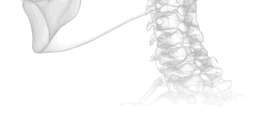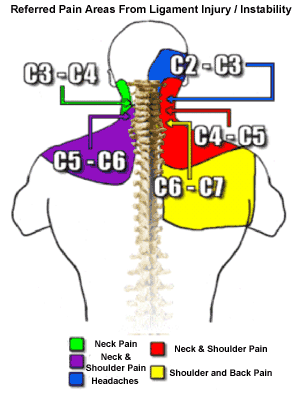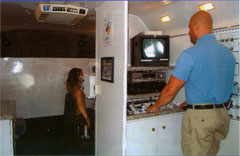








Copyright 2006 True View Diagnostics, LLC. All Rights Reserved.
Sitemap | Privacy Policy | Tel. 1.781.431.1070
Ordering


Receive a FREE Special Report on what Digital Motion X-Ray can do for you and how you can truly benefit from it!
Ordering
What type of Patient and Symptoms
benefit from a DMX Study?
Determining the Best Diagnostic
Test to order for different Symptoms.
Differentiate between Neurological
vs. Sclerotomalpain (CAD/Whiplash)
symptoms, to determine if a DMX,
MRI or both are needed.
Why DMX shows more than X-rays
How to Order a DMX Exam
benefit from a DMX Study?
Determining the Best Diagnostic
Test to order for different Symptoms.
Differentiate between Neurological
vs. Sclerotomalpain (CAD/Whiplash)
symptoms, to determine if a DMX,
MRI or both are needed.
Why DMX shows more than X-rays
How to Order a DMX Exam
What type of Patient and Symptoms benefit from DMX Study? Patients with “Whiplash” or Cervical Acceleration-Deceleration (CAD) injuries and symptoms.
- Neck ache
- Neck stiffness with limited movement
- Headache
- Neck tenderness
- Dermatomal / sclerotomal pain radiation
- Dizziness
- Increased pain with movement
- Aberrant/Abnormal Neck Motion
- Hypermobility of the Neck
- Restricted Motion/Hypomobility
Definition of “Whiplash”
Whiplash is an Acceleration-Deceleration mechanism of energy transfer to the neck. This may result from rear-end or side-impact motor vehicle collisions, but can also occur during diving or other mishaps. The impact may result in BONY or SOFT TISSUE injuries, which in turn may lead to a variety of clinical manifestations. Therefore, injuries can occur to the many different structures in the cervical neck, and create different types of symptoms from “Whiplash” or Cervical Acceleration- Deceleration (CAD) injuries. The Clinician’s task is to sort out the symptoms and determine which Diagnostic Test is best suited for the patient’s symptoms. In a recent post-mortem study of car accident victims, it was concluded that: “Postmortem studies have found that after CAD 'whiplash' injuries, ligamentous injuries are extremely common in the cervical spine and that herniation of the nucleus pulposus is a rare event.” From this data, many car accident survivors with Whiplash/CAD symptoms may benefit more from a DMX than an MRI. Clinicians need to determine from physical exam and clinical history which test is appropriate, whether there are:
requiring a DMX
requiring an MRI
Website by Distant Support VA

